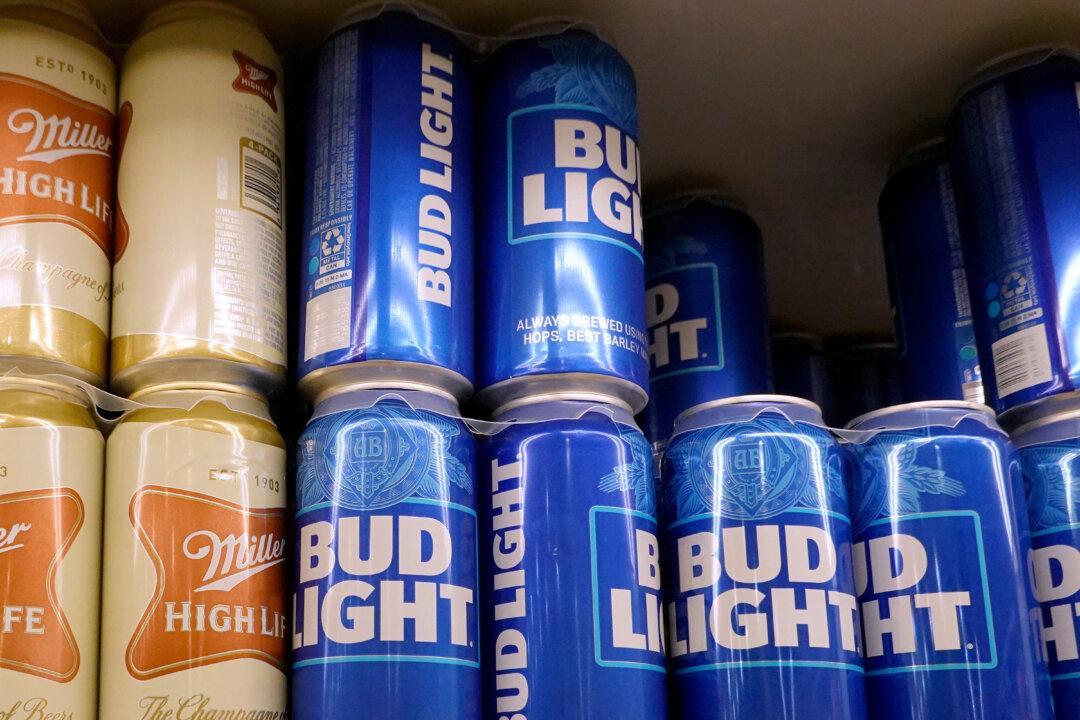Anheuser-Busch InBev’s studio chief departed the company and cited the Bud Light backlash as one reason why, she confirmed this week.
In April, Bud Light faced significant backlash and a boycott when it released personalized beer cans that feature a transgender social media influencer and activist. In the meantime, the drop in sales of the beer for consecutive weeks appears to show no signs of abating.





